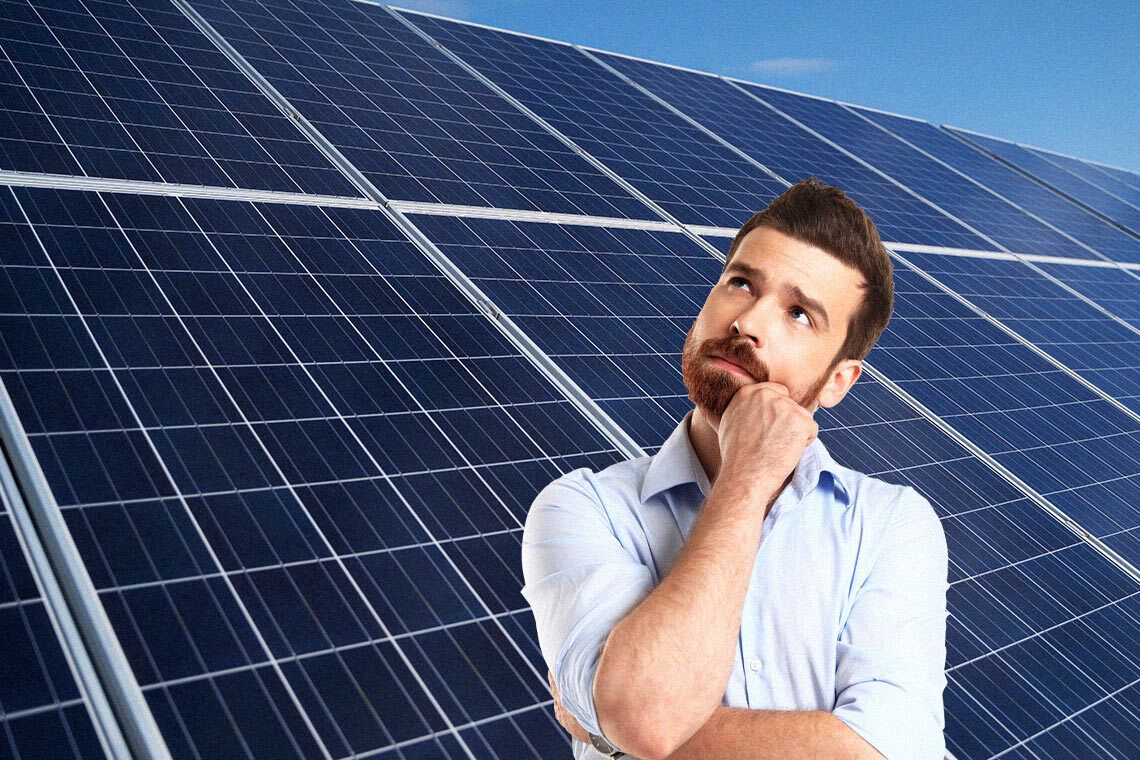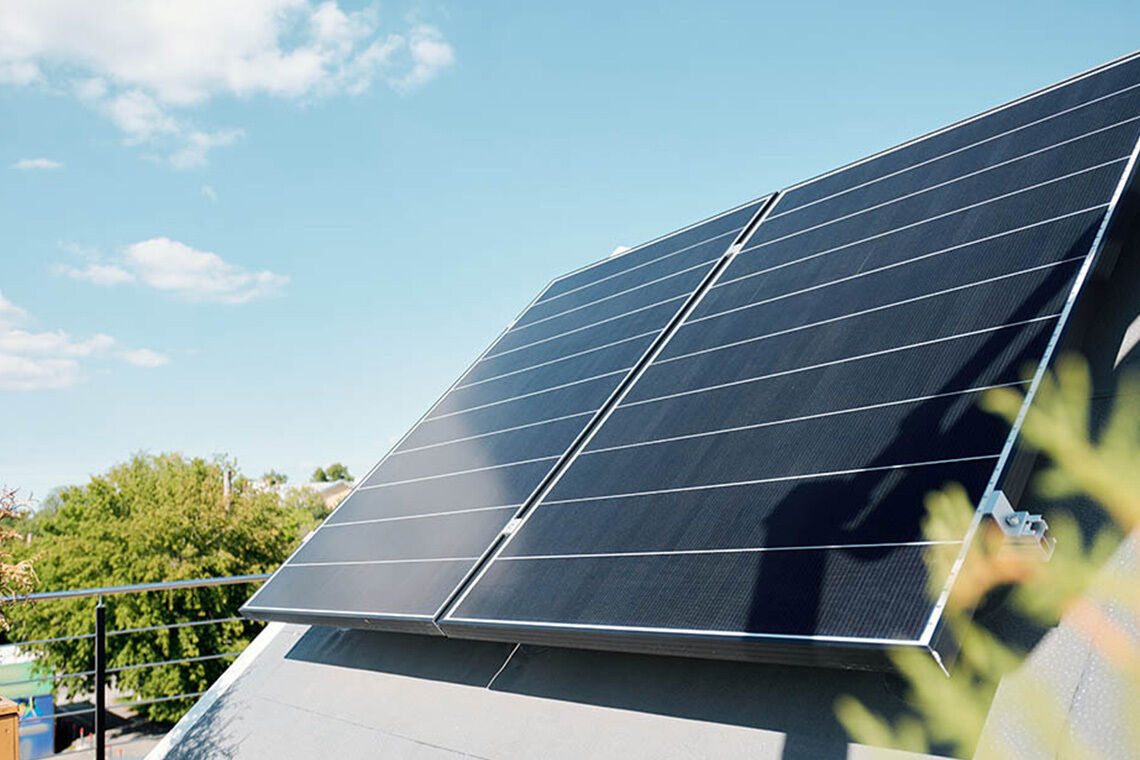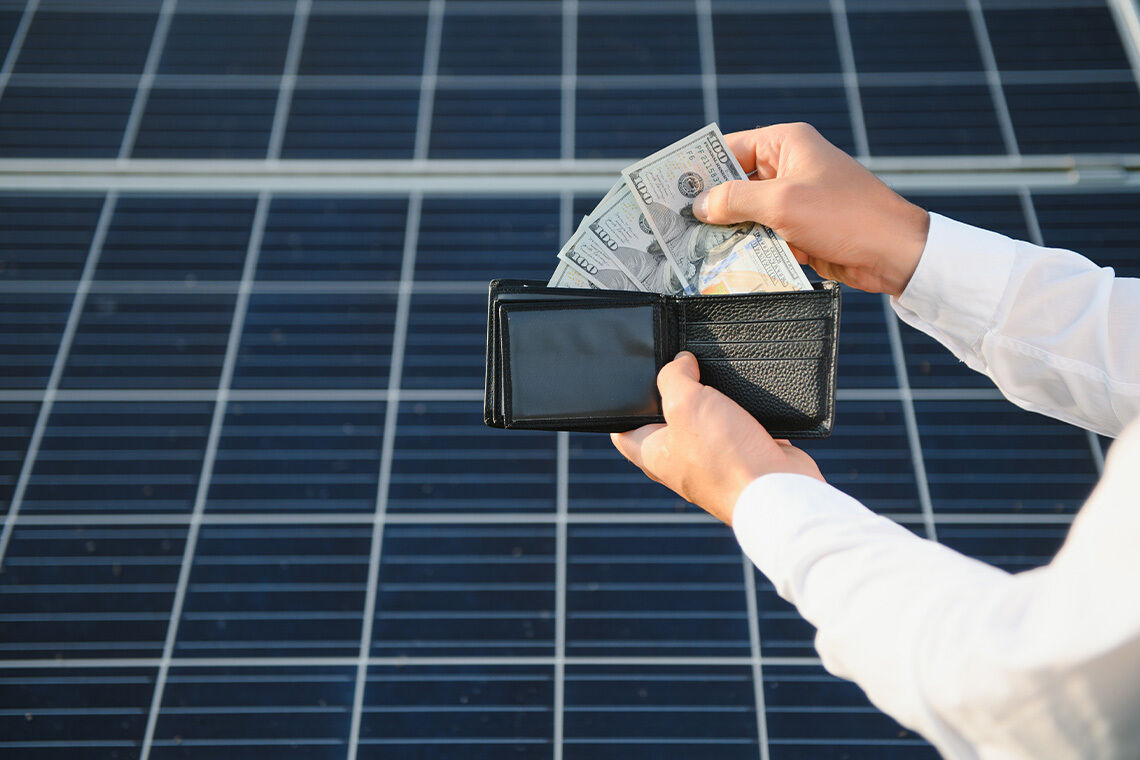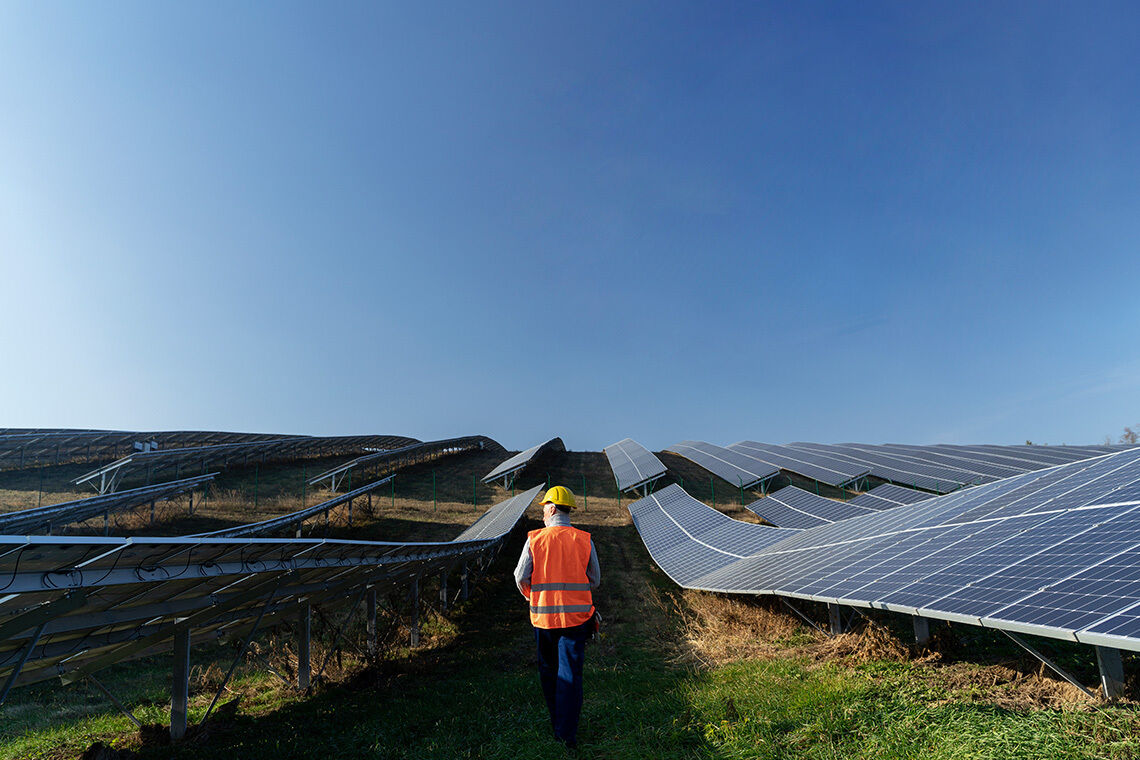
Are solar panels worth it?

Solar power is an eco-friendly renewable energy source plentiful in sunny locations. The technology works by converting sunlight into usable energy in the form of electricity or heat. It’s important to remember that the investment for a solar system covers more than just the panel costs. Homeowners also need to consider additional charges such as additional equipment, like solar batteries that store energy during winters with little sun, as well as upkeep and regular maintenance costs, which can help extend the life of your solar panels, thus increasing your savings. By doing some math, we can roughly estimate how much solar panels and solar panel installation in general cost and how much solar panels save the average homeowner.

Solar panels' financial benefits
Today, solar panels are far cheaper and more effective in producing energy. The solar panels' financial benefits are significantly lower power bills, and tax incentives, increased home value, help mitigate losses during blackouts, and contribute to greater environmental sustainability.

Solar panels' environmental impact
Emissions from solar panel transportation present another challenge. Solar panels are produced all over the world, but primarily in China, followed by the U.S. and Europe. And solar panels that are produced in one country may require shipments of parts from another. It’s important to note that the amount of carbon emissions produced to create solar panels is still nowhere near that of traditional energy facilities, and it is quite small when compared to oil drilling, fracking, or coal mining. But production aside, another common challenge surrounding solar panels is what happens after their average 25-year lifespan.
As a renewable source of power, solar energy has an important role in reducing greenhouse gas emissions and mitigating climate change, which is critical to protecting humans, wildlife, and ecosystems. Solar energy can also improve air quality and reduce water use from energy production. Because ground-mounted photovoltaics (PV) and concentrating solar-thermal power installations require the use of land, sites need to be selected, designed, and managed to minimize impacts to local wildlife, wildlife habitat, and soil and water resources.
Solar panels energy savings
Given solar panels usually last for 25 to 30 years before losing efficiency, you would still have 17 to 22 years of savings on energy costs. As well as saving you money on your energy bills, solar panels can also earn you cash. As the price of energy has rocketed, generating solar power and using it yourself can mean big savings. First and foremost, you can use the electricity your panels generate, and so reduce your bills. Savings depend on system size, electricity use, whether you're at home during the day to use the energy you're producing, and other factors.

Solar panels return on investment
You can calculate the solar panel return on investment by dividing the profit earned on an investment by the cost of the investment. It's worth calculating the cost of installing solar panels – your solar payback period helps you understand how much you'll be able to make up for your initial solar energy investment.
Solar panels' upfront costs
Solar modules vary in durability, efficiency, and size depending on the type you choose. Homes or projects with limited roof space typically require more efficient panels. To calculate the solar panels' upfront costs, contact a solar company whose experts will provide the information you need.
Conclusion
So, once you calculate the initial investment of a solar energy system and its energy production capacity, you can estimate the potential annual savings on your energy costs, which will help you make an informed decision in favor of solar systems.




